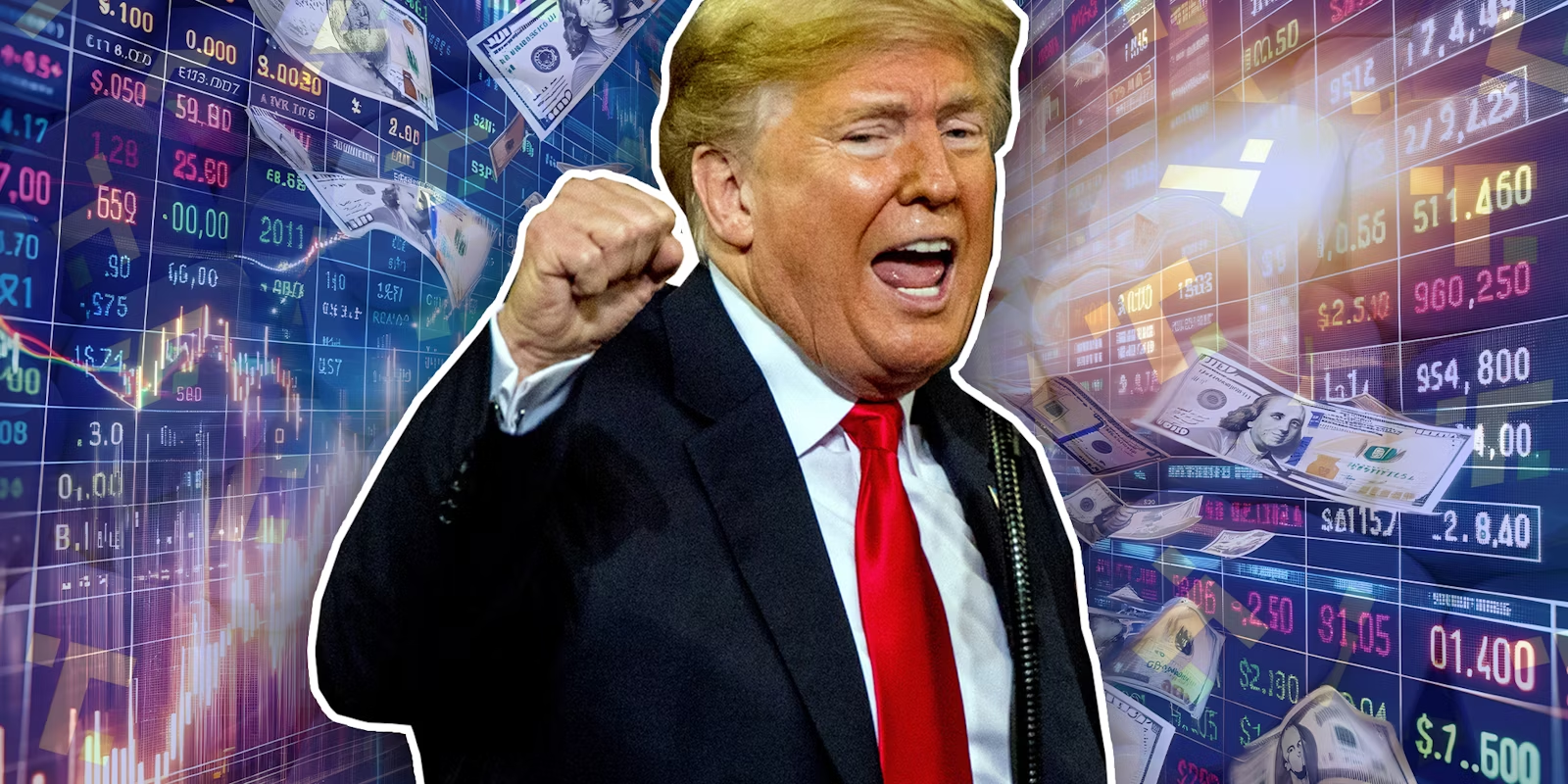|
Getting your Trinity Audio player ready...
|
U.S. President Donald Trump unveiled a groundbreaking $500 billion private-led artificial intelligence (AI) infrastructure initiative called “Stargate,” aimed at establishing AI data centers across the country. The project is set to significantly boost job creation, with over 100,000 American jobs expected to be generated, Trump announced during a press conference.
The Stargate initiative is being backed by some of the biggest players in the tech and AI sectors, including OpenAI (creator of ChatGPT), SoftBank, Oracle, and investment firm MGX. SoftBank CEO Masayoshi Son confirmed that $100 billion would be deployed immediately, with the remaining $400 billion set to be allocated over the next four years. Key technology partners such as Microsoft, Nvidia, and Arm are also on board, further solidifying the project’s prominence.
Trump emphasized the need to keep AI innovation in the U.S., stating, “China is a competitor, others are competitors. We want it to be in this country.” He further expressed that emergency declarations would make the project feasible, ensuring that AI development remains a national priority. OpenAI, in collaboration with Oracle, has already begun constructing Stargate’s data centers in Abilene, Texas, and is exploring additional sites for expansion.
Oracle’s Larry Ellison highlighted Stargate’s potential to transform industries, such as healthcare, by improving electronic health record management and enabling more effective healthcare solutions. This announcement also reinforces the growing relationship between OpenAI and Microsoft, which uses Azure for cloud computing services, further cementing the tech giant’s role in shaping the future of AI.
OpenAI envisions Stargate as a stepping stone toward Artificial General Intelligence (AGI), a crucial development in the field of AI. Son, of SoftBank, expressed his optimism, stating that AGI will eventually lead to Artificial Superintelligence (ASI) capable of solving complex global issues beyond current human imagination.
As the Stargate initiative unfolds, it could not only drive technological advancement but also secure national interests by ensuring the U.S. remains at the forefront of AI innovation.
Disclaimer: The information in this article is for general purposes only and does not constitute financial advice. The author’s views are personal and may not reflect the views of Chain Affairs. Before making any investment decisions, you should always conduct your own research. Chain Affairs is not responsible for any financial losses.
With a keen eye on the latest trends and developments in the crypto space, I’m dedicated to providing readers with unbiased and insightful coverage of the market. My goal is to help people understand the nuances of cryptocurrencies and make sound investment decisions. I believe that crypto has the potential to revolutionize the way we think about money and finance, and I’m excited to be a part of this unfolding story.




